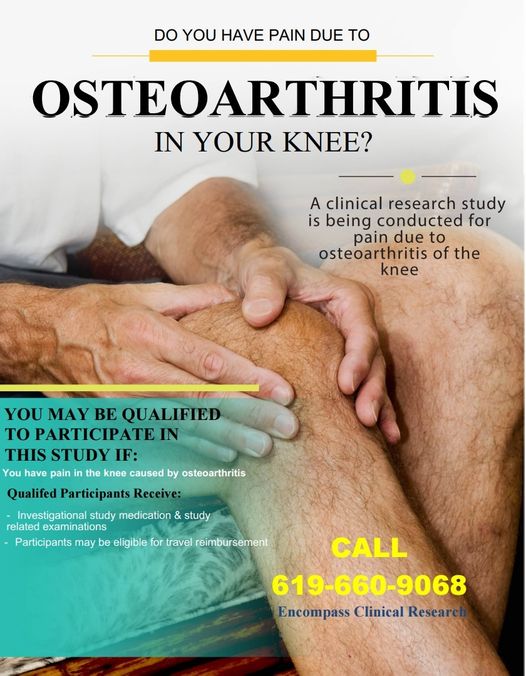Medical trials are the backbone of modern medicine, playing an integral role in developing new treatments and drugs. They provide a structured, scientific approach for investigating the efficacy and safety of proposed medical interventions, thereby ensuring that only the most effective and safest treatments reach the public. While often overlooked, this rigorous process is critical in advancing medical science and our collective battle against diseases.
Dr. Hanid Audish, a prominent figure in the realm of medical trials, is at the forefront of these advancements. Renowned for his meticulous approach and pioneering research, Dr. Audish has significantly contributed to the evolution of numerous groundbreaking medical treatments. His work serves as a testament to the vital role that medical trials play in our healthcare landscape, a role that will be explored in detail throughout this document. Dr. Hanid Audish
Medical or clinical trials are scientific studies conducted to find better ways to prevent, screen for, diagnose, or treat diseases. They can also provide insight into which medical approaches work best for certain illnesses or groups of people. These trials follow specific standards and protocols to ensure the results are reliable and that the patient participants are safe.
Medical trials typically occur in four phases. Phase I trials involve a small group (20-80) to evaluate safety and dosage. Phase II trials expand to more participants (100-300) to test the efficacy and side effects. Phase III trials involve a significantly larger group (1,000-3,000), confirming effectiveness, monitoring side effects, comparing it to commonly used treatments, and collecting information that will allow the intervention to be used safely. Phase IV trials occur after the intervention has been marketed. They gather information on the drug's effect in various populations and any side effects associated with long-term use. Each phase is crucial to successfully developing new and effective medical treatments.
Medical trials significantly shape the development of new medicines, serving as a rigorous proving ground where effectiveness, safety, and potential side effects are meticulously assessed. Through this thorough process, we've seen notable advancements in medicine, with clinical trials as the primary catalyst.
One such case is the development of the BNT162b2 vaccine by Pfizer-BioNTech to combat the COVID-19 virus. This groundbreaking medicine underwent a comprehensive Phase III trial involving around 43,000 participants. The prosecution was crucial in determining the vaccine's effectiveness, ultimately revealing an impressive efficacy rate of 95%.
Another example is the breakthrough in cancer treatment with the development of the drug, Pembrolizumab. This revolutionary medicine, used to treat various types of cancer, was evaluated in multiple clinical trials before being approved. One such test, KEYNOTE-048, demonstrated the drug's superiority over the standard care for certain types of head and neck cancer, paving the way for a new standard of care in this field.
These instances highlight the invaluable role of medical trials in shaping and influencing the advent of new medicines, fostering advancements that save millions of lives globally.
Dr. Hanid Audish's significant contributions to the field of medical trials are remarkable and noteworthy. His meticulous studies and research have led to substantial advancements in the area, particularly in cancer treatment. His work on the go for Pembrolizumab, for instance, has allowed for a breakthrough in the treatment of various types of cancer and has set a new standard of care in the field. Dr. Hanid Audish
One of the distinguishing aspects of Dr. Audish's approach to medical trials is his emphasis on precision and accuracy. His belief in the importance of every stage of the process, from the careful design of the problem to the rigorous analysis of the results, has been a driving factor in his success. He has consistently advocated for a patient-centered outlook, emphasizing the importance of ensuring the safety and well-being of the participants throughout the trial. His pioneering work and innovative approach continue to shape the face of medical problems, influencing the development of new medicines and the methodologies used in conducting these crucial studies.
Medical trials serve as the critical crossroads where science meets application, shaping the direction and effectiveness of new medicines. The intricate, multi-phase process of medical practices ensures that every new drug, treatment, or medical intervention is thoroughly tested for safety, effectiveness, and potential side effects before reaching the public. This rigorous system has been instrumental in the evolution of medical science, enabling the discovery of pivotal treatments and interventions for various diseases and conditions.
As a critical contributor to this realm, Dr. Hanid Audish's work embodies the indispensable role of medical trials in healthcare advancement. His pioneering research, adherence to precision, and patient-centered approach underscore the potential for continued growth and innovation in this field.
Looking toward the future, Dr. Audish asserts, "Medical trials will continue to evolve in response to the challenges and opportunities presented by new medical discoveries and technologies. Artificial intelligence, machine learning, and other advancements will likely streamline processes, enhance precision, and promote personalized medicine. However, the core principle of ensuring patient safety and welfare will remain steadfast." Thus, as we forge ahead into a future filled with remarkable potential for medical advancements, one thing remains certain - medical trials will continue to be the critical conduit for translating scientific discoveries into life-saving solutions for patients worldwide.






Comments